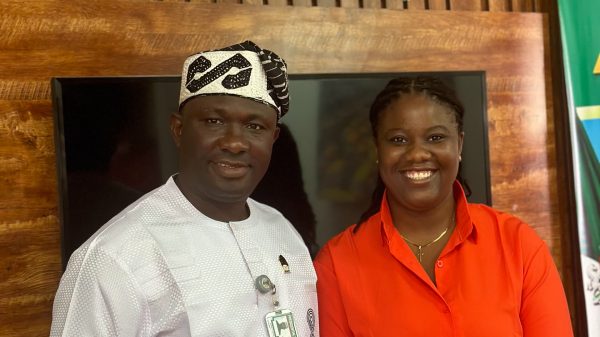By Tony Nwaka
As Telkom prepares to buy high-demand spectrum, it says it will suspend dividend payments for the next three years to conserve cash.
A lack of spectrum has been a long-running complaint by South Africa (SA) telecoms groups.
Revenues for its fixed-line business fell by 22.2 per cent, while its mobile operations remained profitable.
Telkom declared it will suspend dividend payments for the next three years as part of its strategy to conserve cash as it prepares to buy high-demand spectrum which it says will require a “substantial amount of capital”.
According to the company, which is partly owned by the state, it is focused on maintaining a flexible balance sheet in the face of the current economic slowdown and the impact of Covid-19 on business.
The company said in a commentary to its full year financial results to end of March that “Given all these factors that are expected to impact Telkom, the board found it prudent to suspend the dividend policy for the next three years from FY2021.
“Over the next three years, the capital will be redirected to the acquisition of spectrum and to complete the key capex programme to ensure the sustainability of our business.”
A lack of spectrum has been a long-running complaint by SA telecoms groups, however, the Independent Communications Authority of South Africa has revealed plans to release more spectrum in a bid process to improve connectivity and reduce the cost of communication.
Mobile communications companies will be expected to bid for the spectrum, which process that has been marred by repeated delays.
“The imminent spectrum auction will require a substantial amount of capital and it is of strategic importance for Telkom to participate to ensure the sustainability of the mobile business,” the Company added.
Mobile telecoms industry body GSMA defines spectrum as “radio frequencies allocated to the mobile industry and other sectors for communication over the airwaves”.
“Additional frequencies, including both coverage and capacity bands, means mobile operators can connect more people and offer faster speeds,” GSMA said.

Telcom logo
Telkom’s CEO, Sipho Maseko, said he expected that the allocation process would not make strong players even stronger, and leave those that are relatively weaker even weaker.
Telkom’s headline earnings per share fell by 30.2 per cent for the year, as the company incurred over R1 billion rand hit from a restructuring process which affected 2 271 employees. Group revenue, meanwhile, rose 3 per cent to R43bn.
The company, which entered the market as fixed line operator, on Monday reported a decline in its fixed voice revenue. It expects the contribution from fixed voice revenue to reduce even further, as earnings from its mobile business increases.
Its mobile business of 12 million customers added 54.4 per cent in service revenue to R12.6 billion, while fixed income slipped 22.2 per cent to R8.7 billion.A final ordinary dividend of 50.08 cents per share for the year was declared.
A date for the auction has not yet been declared.
source: www.footprint2africa.com












































































































